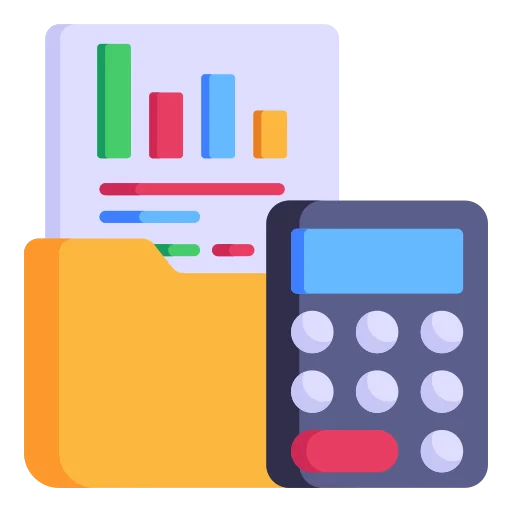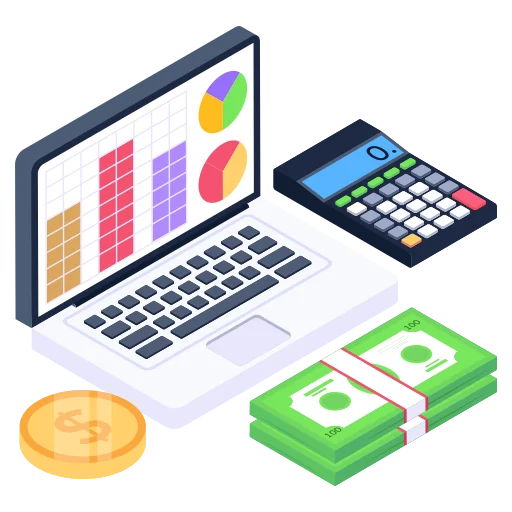Running a small business in 2025 means balancing growth, compliance, and profitability in a constantly shifting tax landscape. Rising operational costs, evolving IRS guidelines, and new incentive programs make understanding Small Business Tax Deductions essential for financial survival.
These deductions aren’t just a way to save money — they are a legal strategy for improving cash flow, reinvesting in growth, and staying competitive. Yet, many business owners leave thousands of dollars on the table simply because they don’t know what they can claim or how to do it correctly.
What Are Small Business Tax Deductions and Why Are They Crucial in 2025?
Small Business Tax Deductions are expenses that the IRS allows you to subtract from your taxable income, reducing the amount of taxes you owe. These deductions can cover everything from office supplies and business travel to larger investments like equipment and software subscriptions.
In 2025, the importance of these deductions has increased due to:
- Inflation and Cost Pressures – Rising costs in rent, wages, and materials make tax savings vital.
- IRS Modernization – Enhanced digital systems mean faster audits and stricter compliance rules, requiring accurate claims.
- AI-Powered Tax Reviews – The IRS is using AI to detect anomalies in tax filings, meaning precise documentation is critical.
Key Tax Changes in 2025 Impacting Small Business Owners
As part of ongoing tax reforms, the U.S. government introduced several updates in 2025:
1. Increased Standard Deduction Thresholds
Standard deduction amounts have been raised to account for inflation, but itemizing deductions can still lead to bigger savings for many businesses.
2. Updated Expense Categories
Certain expenses that were partially deductible are now fully deductible, such as some remote work-related costs.
3. Green Business Incentives
Businesses adopting eco-friendly technologies can claim higher deductions under new sustainability initiatives.
4. AI-Based Filing Accuracy Checks
AI-driven tax review systems now flag incomplete or improperly categorized deductions, meaning owners need accurate bookkeeping.
Top Small Business Tax Deductions to Claim in 2025
To maximize savings, small business owners should focus on deductions that apply to their operations. Below are some of the most significant ones:
1. Home Office Deductions
If you run your business from home, you may deduct a portion of your rent, mortgage interest, utilities, and even internet costs. The IRS allows a simplified deduction method ($5 per square foot of office space up to 300 square feet) or an itemized approach.
2. Business Vehicle Expenses
Mileage, fuel, repairs, insurance, and lease payments for vehicles used for business purposes are deductible. The IRS has updated mileage rates for 2025, so check the latest figures before filing.
3. Employee Wages & Benefits
Wages, salaries, and benefits like health insurance and retirement contributions are fully deductible, provided proper documentation is maintained.
4. Equipment and Software Purchases
Technology upgrades, software subscriptions, and office equipment can be written off under Section 179 of the IRS code, allowing businesses to deduct the full cost in the year of purchase.
5. Marketing & Advertising Costs
Advertising, website development, SEO services, and social media campaigns are all considered deductible expenses, provided they are directly related to business promotion.
6. Professional Services
Fees paid to accountants, legal advisors, consultants, and tax professionals are deductible, emphasizing the importance of expert guidance.
7. Retirement Plan Contributions
Contributions to qualified retirement plans, such as SEP IRAs or solo 401(k)s, not only reduce taxable income but also help secure long-term financial stability.
Why Accurate Documentation Is Key
Claiming Small Business Tax Deductions isn’t just about knowing what to deduct — it’s about proving those expenses to the IRS if audited. Key practices include:
- Maintaining digital receipts and organized expense logs
- Using bookkeeping software that integrates with tax tools
- Consulting professionals for complex deductions like depreciation and inventory costs
Advanced Deduction Strategies for Maximizing Savings
Now, we take a deeper dive into advanced strategies that not only help claim more deductions but also ensure compliance with 2025’s updated tax laws.
1. Industry-Specific Tax Deductions
While many deductions apply broadly, some are specific to industries. Understanding these industry-based deductions can create additional tax savings.
a) Construction & Contracting Businesses
- Deduct vehicle usage for transporting materials and labor.
- Equipment rental costs and protective gear purchases qualify for write-offs.
- On-site meals for teams in remote locations may also be partially deductible.
b) Creative & Digital Agencies
- Software licenses for editing, design, and analytics tools are deductible.
- Cloud storage and digital subscriptions qualify under technology expenses.
- Training courses and certifications for upskilling creative teams can be claimed.
c) Healthcare & Wellness Businesses
- Medical supplies, professional liability insurance, and facility sanitation costs are deductible.
- Continuing education for staff and licensing fees qualify as professional expenses.
d) Restaurants & Hospitality Businesses
- Food waste tracking systems, kitchen equipment, and staff uniforms are deductible.
- Employee meal programs may be partially deductible if IRS criteria are met.
2. Leveraging Section 179 and Bonus Depreciation
One of the most powerful tools for Small Business Tax Deductions in 2025 is Section 179. It allows you to deduct the entire cost of qualifying equipment purchased or financed during the year.
Additionally, bonus depreciation offers a second layer of savings by allowing businesses to deduct a percentage of the remaining equipment value beyond the Section 179 limit.
Example:
- If you purchase $80,000 in new manufacturing equipment, Section 179 allows a full deduction in 2025.
- Bonus depreciation may cover additional expenses if your Section 179 limit is reached.
3. Deductions for Startups and New Businesses
New small businesses in 2025 can deduct certain startup costs, including:
- Market research and feasibility studies
- Advertising before opening
- Initial legal and incorporation fees
However, the IRS allows only up to $5,000 in deductions for startup costs in the first year, with the rest amortized over several years.
4. Utilizing Retirement Contributions as a Deduction Strategy
Business owners can contribute to multiple retirement plans and deduct contributions for themselves and their employees. Options include:
- SEP IRA – Allows contributions of up to 25% of compensation.
- Solo 401(k) – Ideal for self-employed owners with no full-time employees.
5. The Power of Tax-Loss Harvesting
If your small business experienced investment losses in 2025, these losses can offset gains and reduce taxable income. This is particularly useful for businesses holding investment portfolios or securities.
6. AI and Automation for Expense Tracking
The IRS has introduced AI-driven audit flags for detecting anomalies in tax filings. To stay compliant and maximize deductions:
- Use cloud-based accounting software like QuickBooks, Xero, or FreshBooks.
- Integrate AI-driven expense categorization to ensure proper record-keeping.
- Keep real-time backups of receipts and transaction histories.
FAQs Small Business Owners Ask in 2025
Q1: Can I deduct my home office if I only use it part-time?
Yes, but only for the percentage of time and space used exclusively for business.
Q2: Are meals fully deductible now?
In 2025, meals with clients are 50% deductible, while certain company events may qualify for 100%.
Q3: Can I deduct AI software for my business?
Yes. Any AI-driven tool that assists with operations, marketing, or accounting qualifies as a deductible expense.
Q4: Can a side business claim Small Business Tax Deductions?
Yes, provided the business is registered and generates income. Accurate documentation is essential.
Common Mistakes That Reduce Deduction Claims
Even experienced business owners make errors when claiming Small Business Tax Deductions. These include:
- Mixing Personal and Business Expenses – Leads to disallowed deductions.
- Missing Depreciation Opportunities – Especially for equipment and vehicles.
- Not Keeping Updated Records – AI-driven audits in 2025 are stricter than ever.
- Failing to Work With a Professional – A tax advisor can identify hidden deductions worth thousands.
Filing Strategies for Maximum Returns
Claiming Small Business Tax Deductions is only half the battle; filing correctly ensures you receive the full benefit while staying audit-proof. The 2025 tax season comes with new IRS rules, AI-driven audits, and stricter reporting standards. Here are expert strategies to optimize your filing process:
1. Choosing the Right Tax Filing Method
Small businesses have multiple filing options, each with different implications for deductions:
- Sole Proprietorship (Schedule C) – Simple filing method but requires precise expense records.
- Partnership (Form 1065) – Distributes profits and deductions among partners.
- S Corporation or C Corporation – May offer greater deduction flexibility, but involves more complex filing.
Pro Tip: Consult a tax professional to determine the structure that offers the highest deduction benefits for your situation.
2. Audit-Proof Documentation Techniques
With AI now reviewing tax filings, maintaining clear, verifiable records is essential.
- Digital Receipts: Use apps like Expensify or Hubdoc to scan and categorize expenses.
- Separate Accounts: Maintain dedicated business accounts to avoid mixing expenses.
- Real-Time Logging: Record mileage, home office usage, and travel expenses as they occur, not months later.
IRS Red Flag Warning: Large deductions that appear inconsistent with reported income may trigger an AI review.
3. Deduction Timing – When to Pay and When to Wait
Strategic timing can increase your deduction amount:
- Prepay certain expenses (like rent, insurance, or utilities) before December 31 to claim them for the current tax year.
- Delay large equipment purchases until January if you expect a higher income next year.
This ensures deductions are applied to years where they will yield maximum benefit.
4. Hiring a Tax Advisor vs. DIY Filing
Many small business owners attempt DIY filing to save costs, but this often results in missed deductions. A skilled tax advisor:
- Identifies deductions unique to your industry.
- Ensures compliance with 2025 IRS rules.
- Helps plan next year’s deduction strategy.
Case Study: A small marketing agency in California saved $38,000 in 2024 by restructuring expenses under a tax professional’s guidance.
5. Leveraging AI Tax Tools in 2025
AI-driven tax preparation software can now:
- Detect missed deductions in real time.
- Flag inconsistencies before filing.
- Provide deduction suggestions based on your industry profile.
Popular platforms like TurboTax Business, QuickBooks Tax Planner, and H&R Block AI Pro are leading the way.
FAQ: Tax Filing Edition
Q1: Can I claim deductions if my business had a loss in 2025?
Yes. Losses can be carried forward to offset future income.
Q2: What if I missed deductions in previous years?
You can file an amended return (Form 1040-X) for up to three years to claim missed deductions.
Q3: Do digital payment platforms like PayPal and Stripe count for deductions?
Yes. Transaction fees and processing charges are deductible as business expenses.
Tax Planning for Future Years
Successful businesses don’t just claim deductions; they plan for them year-round.
- Quarterly Tax Reviews – Prevent underpayment penalties and ensure deduction tracking.
- Investment in Green Energy – Deductions for eco-friendly equipment and facilities are expanding under new regulations.
- Employee Wellness Programs – IRS now allows certain wellness costs as partially deductible.
The Role of EEAT in Financial Strategy
While the IRS doesn’t evaluate your website content, potential clients, partners, and investors do. Demonstrating Expertise, Experience, Authority, and Trust (EEAT) in financial decision-making signals credibility and compliance, helping attract business and funding opportunities.
Final Thoughts
Mastering Small Business Tax Deductions in 2025 means combining compliance with strategic planning. From claiming home office expenses to leveraging AI-powered tools, the key is staying informed and proactive.
Remember:
- Keep precise, verifiable records.
- Consult professionals for complex deductions.
- Review tax laws annually – they change more often than most realize.

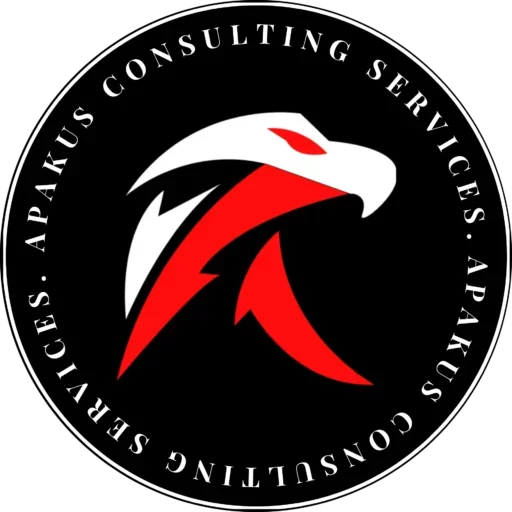



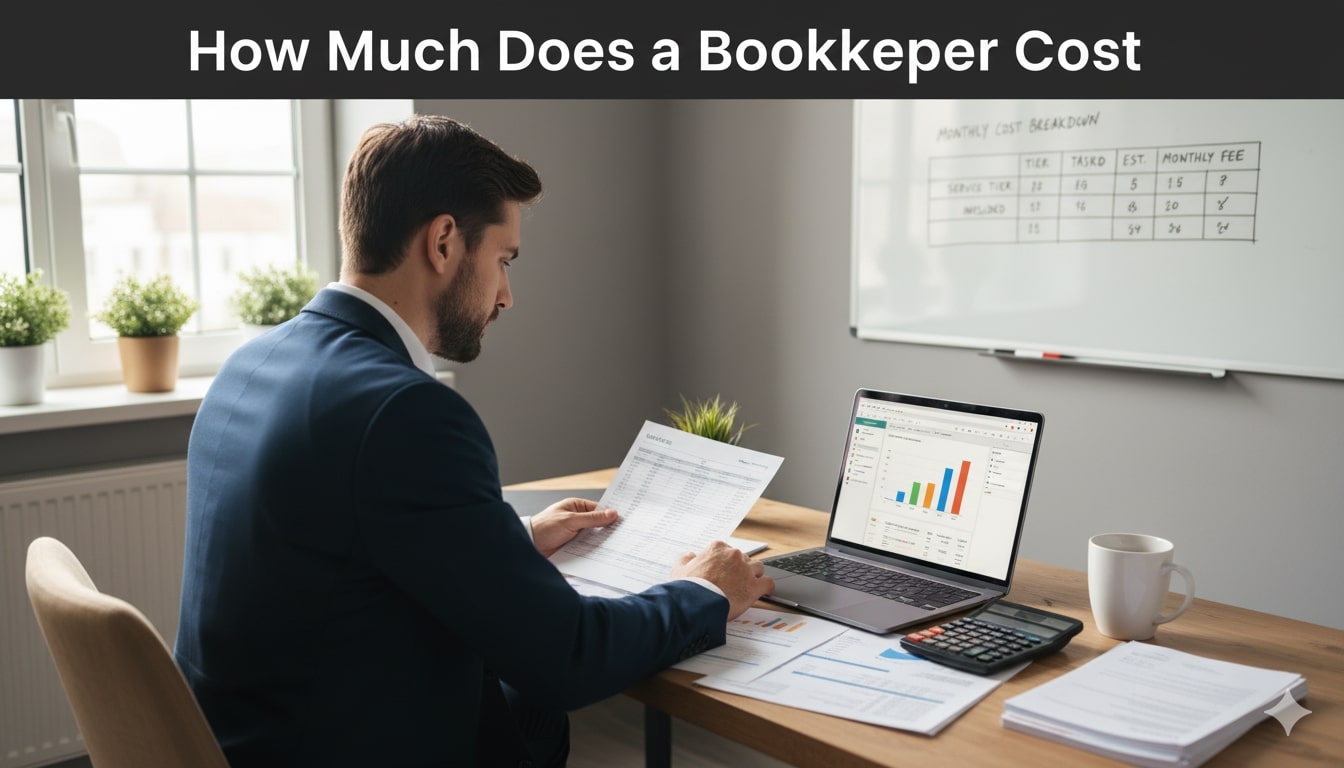
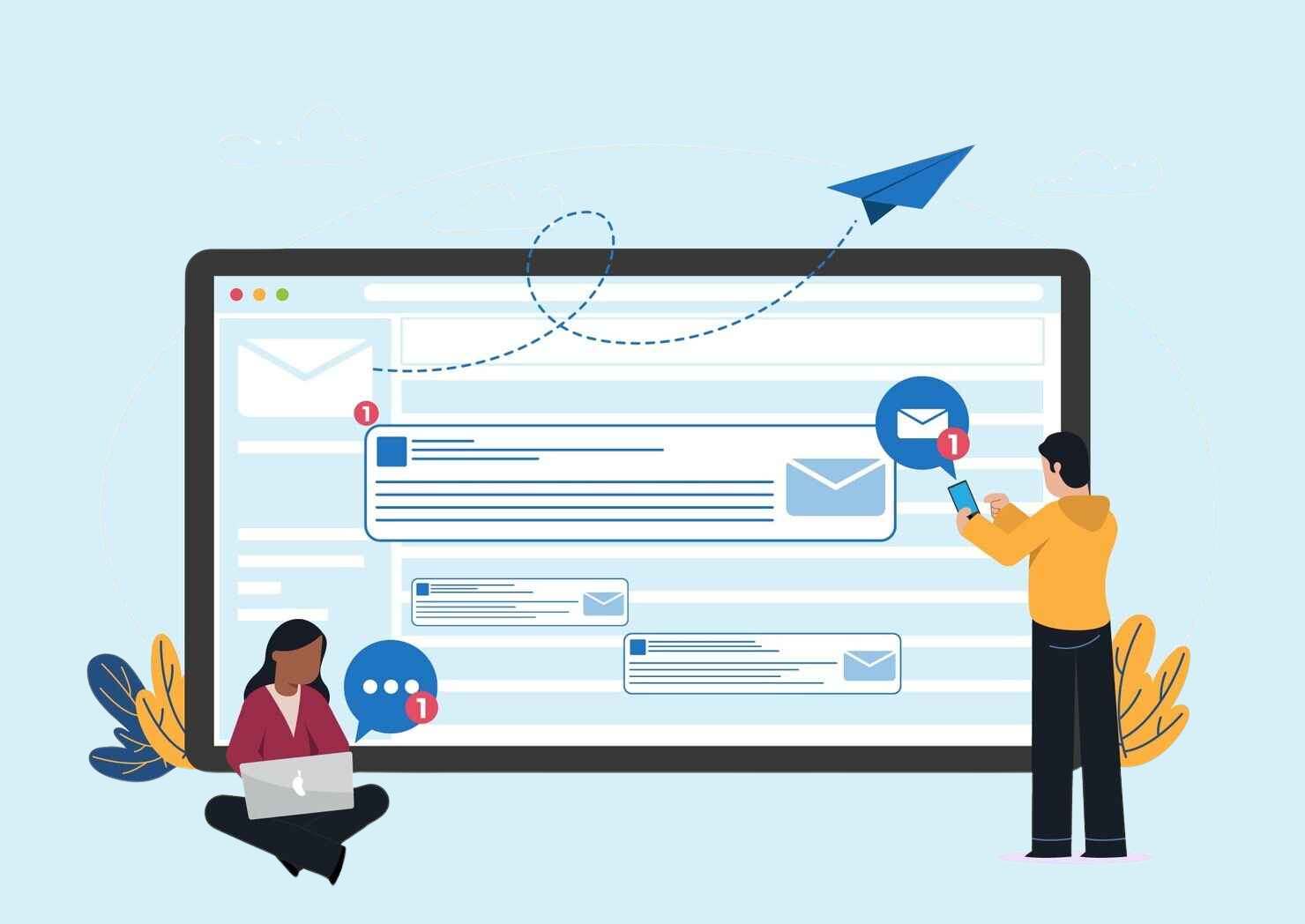
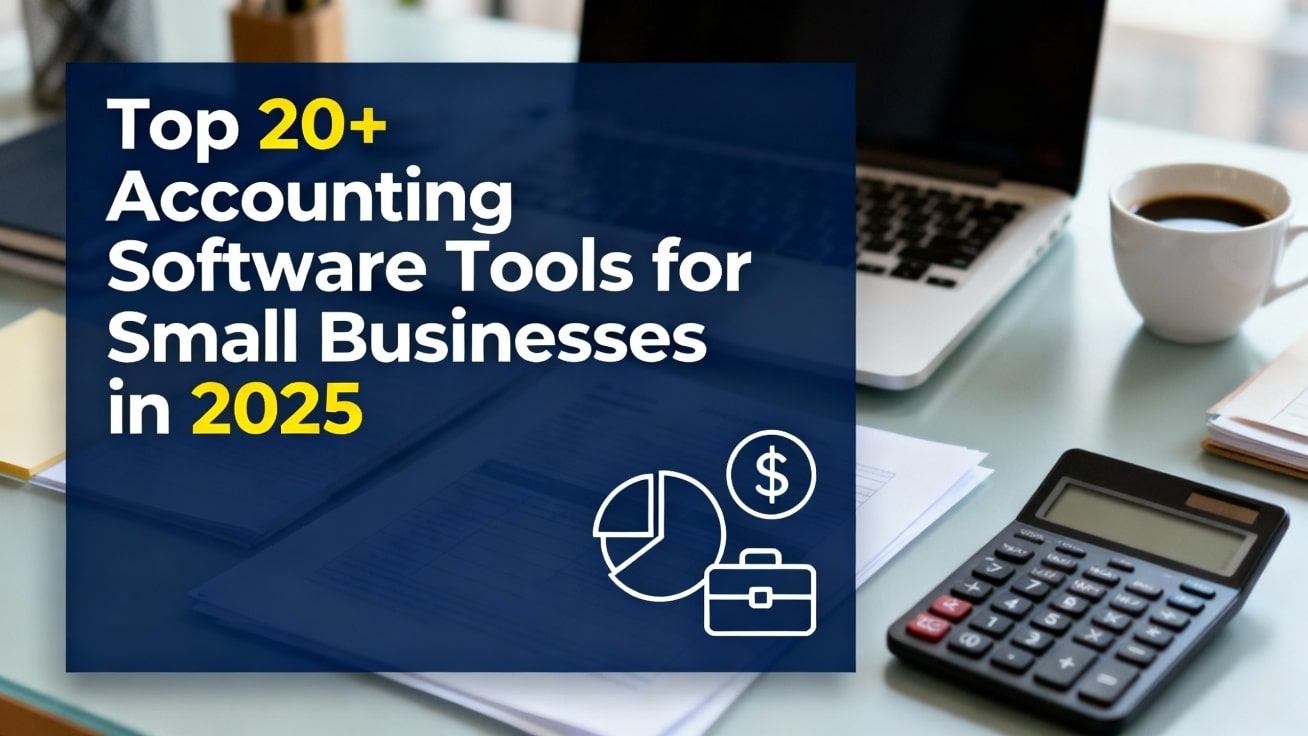


 447 Broadway, 2nd Floor, Suite 2531, New York, NY 10013, USA
447 Broadway, 2nd Floor, Suite 2531, New York, NY 10013, USA 20 Wenlock Road, London, N1 7GU, UK
20 Wenlock Road, London, N1 7GU, UK